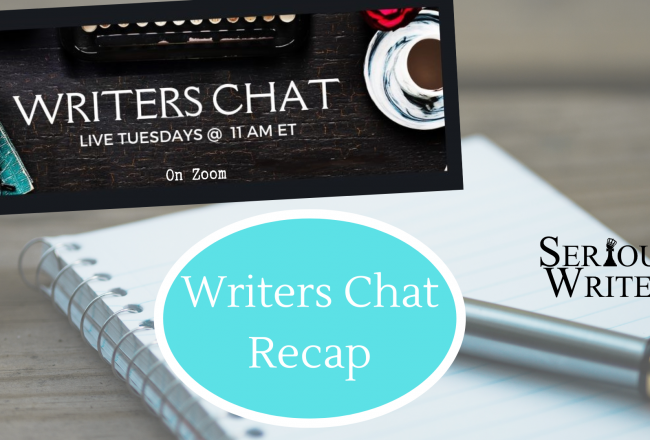
Once Upon a Time
Once upon a time, God created the heavens and earth. And God saw that it was good. Then He…
March 19, 2018
Once upon a time, God created the heavens and earth. And God saw that it was good. Then He…
March 19, 2018
I had grand aspirations for this month’s post, involving a poll, some original photography and maybe even a snappy…
March 15, 2018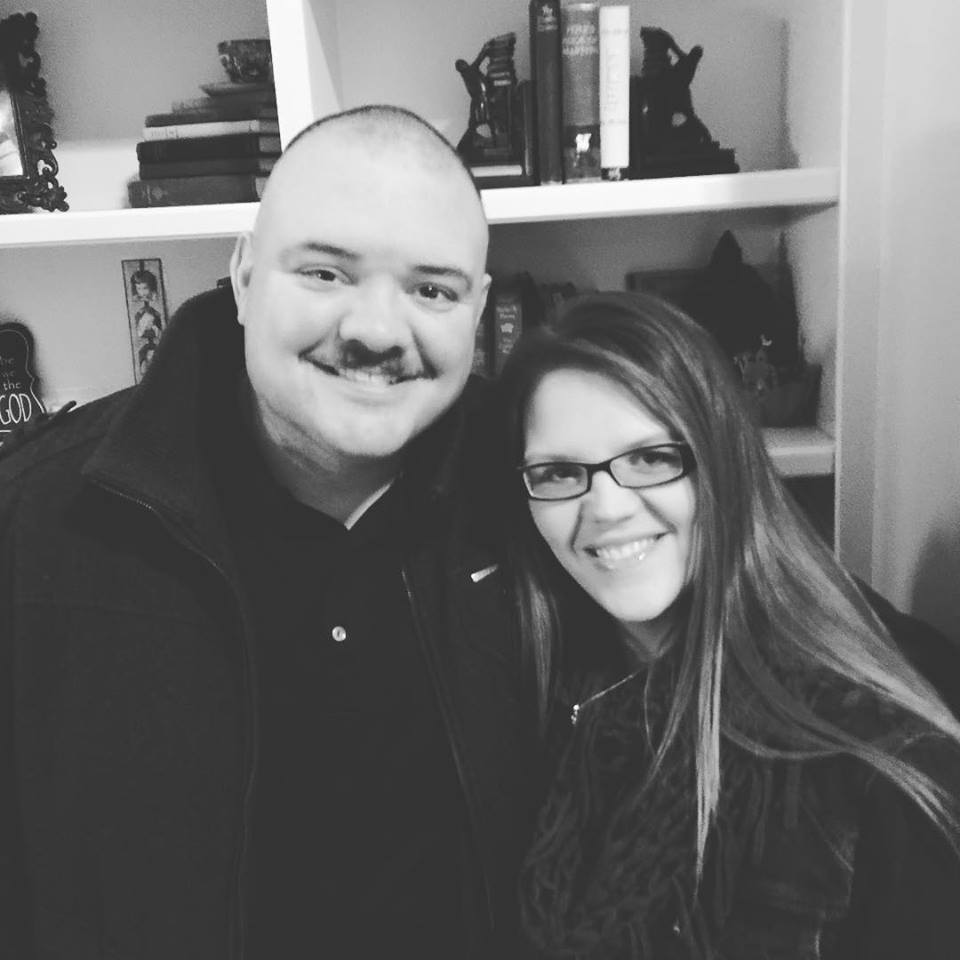
Ever felt like your writing career was stuck? Writer, editor, and encourager extraordinaire Callie Daruk shares how the balance…
March 14, 2018
When the slick full-color magazines arrive in your home, many writers would like to write for those magazines and…
March 13, 2018
With the passing of evangelist Billy Graham this week, the man’s legacy has been much on my mind. Billy…
March 11, 2018
Marketing isn’t exactly an author’s favorite job. After all, aren’t writers supposed to keep producing books and rely on…
March 9, 2018
Just how far back into your past can you reach to find new ideas for writing? Family history (genealogy)…
March 8, 2018
Success. For writers this word can mean different things. One author may feel success has been achieved once their…
March 8, 2018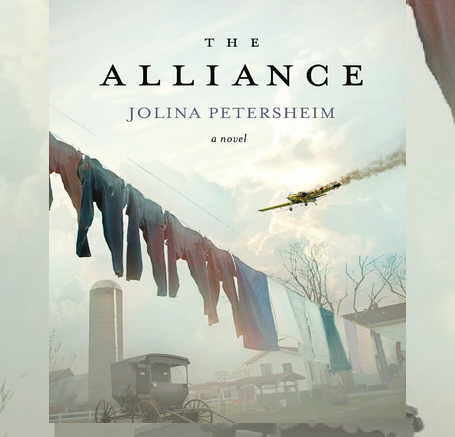
Jolina Petersheim attracts stories like mint draws butterflies. Enjoy this episode of Writers Chat when she shares how each…
March 7, 2018
I grew up in the ‘70s and ‘80s, and I have always had a theory about families and entertainment…
March 7, 2018It is only a novel . . . or, in short, only some work in which the greatest powers…
March 3, 2018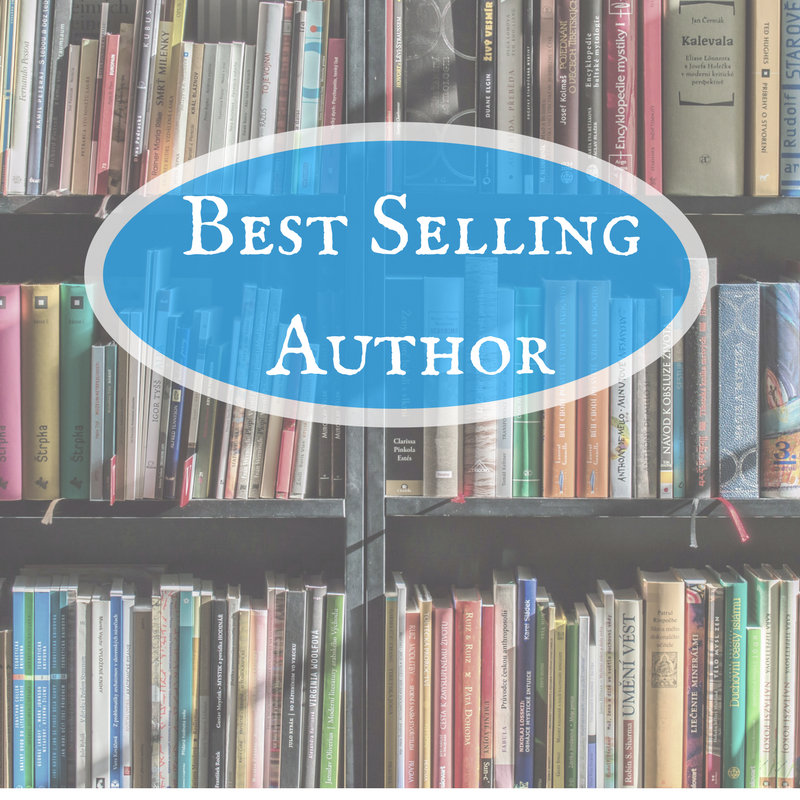
Welcome Lauren, can you share a little about your recent book – The Hideaway is the story of…
March 2, 2018
Join Johnnie Alexander, Melissa Stroh and the Writers Chat gang as we share favorite books that have inspired and…
March 1, 2018
Global digital marketing is a $209-billion-dollar-a-year industry ruled by five titans – Google, Facebook, Amazon, Alibaba, and Baidu. Any…
March 1, 2018
If you read my previous article, I hopefully convinced you to try songwriting. There are a few basics to…
March 1, 2018
A good cover letter is like an intriguing door, it invites the agent or publisher into your proposal. The publisher…
February 25, 2018
All roads to the finding an agent and the dream of publishing led through the Conference. I’d planned, scraped…
February 24, 2018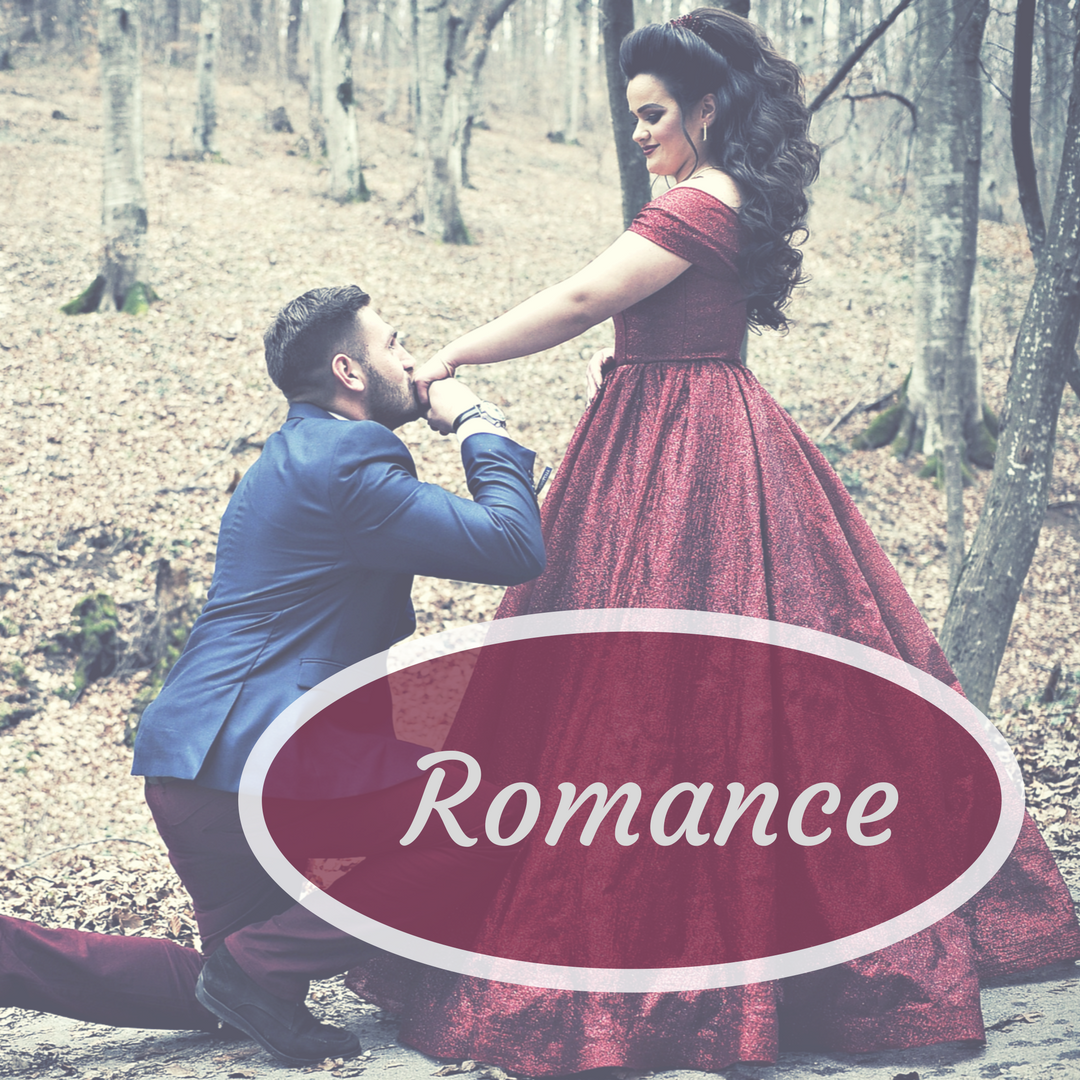
Our romantic heroine, Tovah, is about to meet her match. She’s a Jewish rabbi who fears rejection because of…
February 24, 2018
With my cursor at Chapter 1 in my WWII historical fiction novel, I hit Ctrl+Enter and sighed. Beginning a book…
February 22, 2018
Great writing is great writing! Right? Yes, but writing for children does have challenges that are different from…
February 21, 2018
It’s hard getting traction as a writer without an audience. If you’re new to this noisy world of publishing,…
February 21, 2018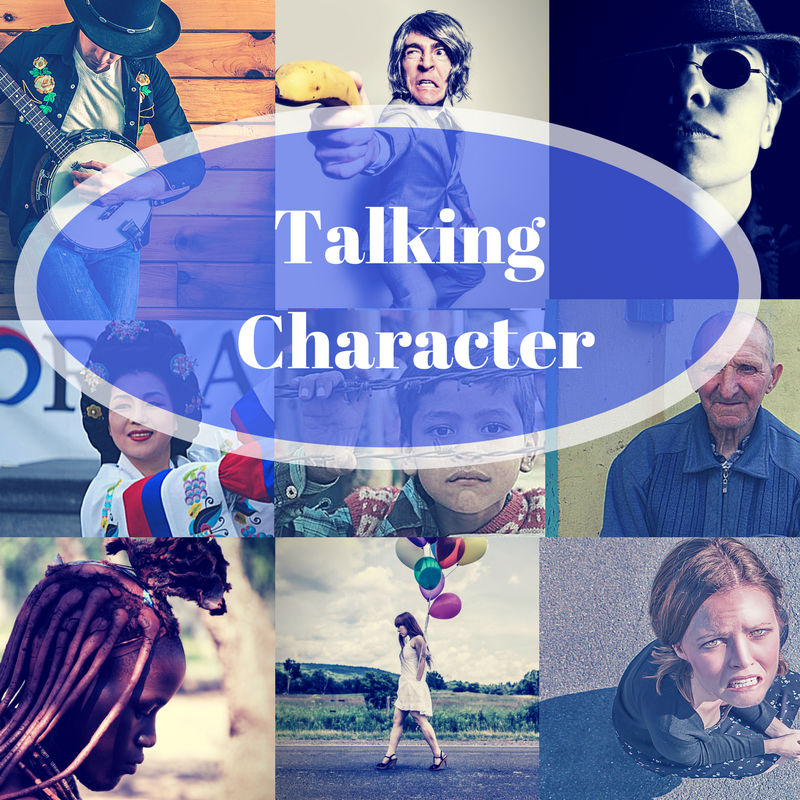
Sometimes fiction authors write about real people. Especially those who write historical fiction. Real historical characters can add a…
February 20, 2018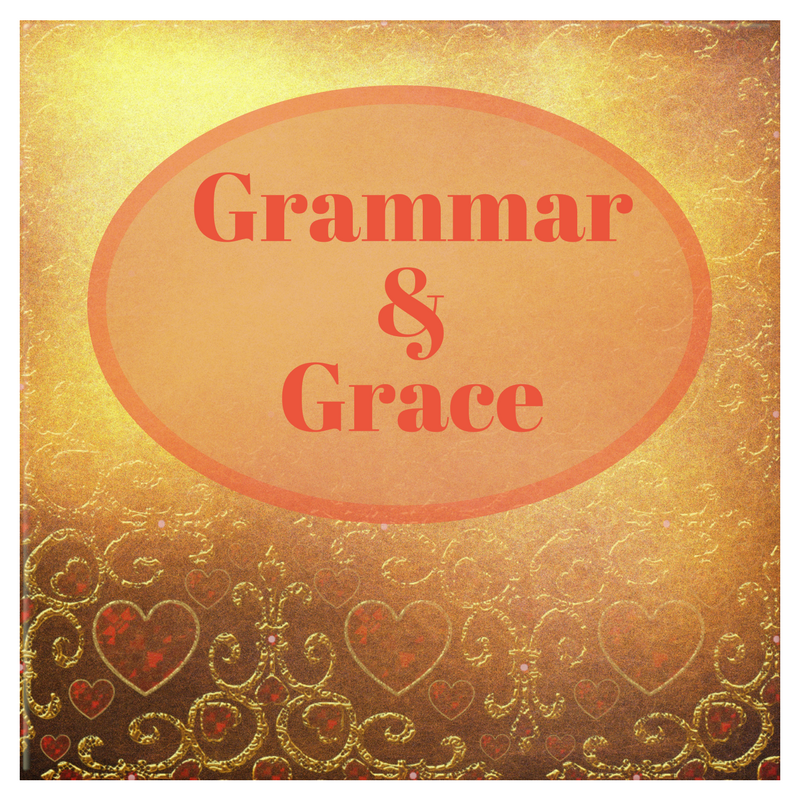
Please stop using pronouns wrong! Between you and I, I’m sick of people using the wrong pronoun. Wrong. Wrong. Wrong!…
February 19, 2018
The journey from “I can’t” to “I will” starts with brutal honesty. “I can’t give up my coffee.” “I…
February 19, 2018
You never would have thought of such a thing on your own. It had to be God. He gave…
February 19, 2018

